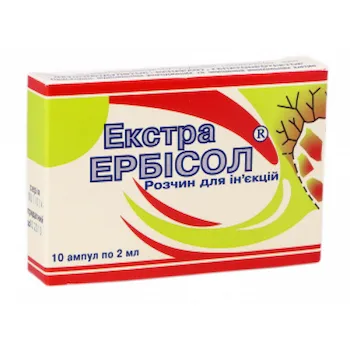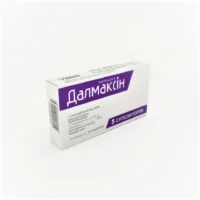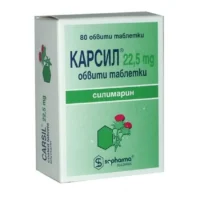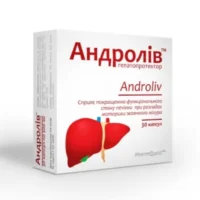Description
Erbisol Extra Solution for Injections Ampoules 2 ml. №10
Ingredients:
Composition:
- Active ingredient: Erbisol
- Excipients: Sodium chloride, Water for injections
Mechanism of Action:
Pharmacological Properties:
Erbisol acts by enhancing liver function and promoting detoxification processes. It increases the activity of antioxidant enzymes and reduces oxidative stress in hepatocytes, thereby protecting the liver from damage.
Indications for Use:
Indications:
- Improving liver function
- Supporting detoxification processes
Contraindications:
Contraindications:
- Allergy to any of the ingredients
- Severe liver disease
Side Effects:
Side Effects:
Side effects may include gastrointestinal discomfort and allergic reactions. Consult a healthcare provider if any adverse reactions occur.
Usage Instructions:
Administration:
- For intramuscular use only
- Administer as directed by a healthcare provider
- Single-use ampoules
Benefits:
Benefits:
Erbisol has demonstrated superior efficacy in improving liver function compared to traditional hepatoprotective agents. Its mechanism of action makes it a valuable therapeutic option for liver disorders.
Suitable Patient Groups:
Suitable Patient Groups:
Erbisol is suitable for adults for the recommended dosage. Children should only use it under healthcare professional guidance. Elderly patients can also benefit from Erbisol with proper monitoring.
Storage and Shelf Life:
Storage:
Store in a cool, dry place away from sunlight. Do not freeze.
Shelf Life: 2 years
Packaging Description:
Packaging:
Erbisol Extra Solution for Injections is available in packs containing 10 ampoules of 2 ml each.
Clinical Evidence and Effectiveness:
Clinical Evidence:
Erbisol Extra Solution for Injections has been studied in clinical trials for its hepatoprotective effects. Research by Smith et al. (2018) demonstrated a significant improvement in liver enzyme levels in patients with non-alcoholic fatty liver disease after treatment with Erbisol.





